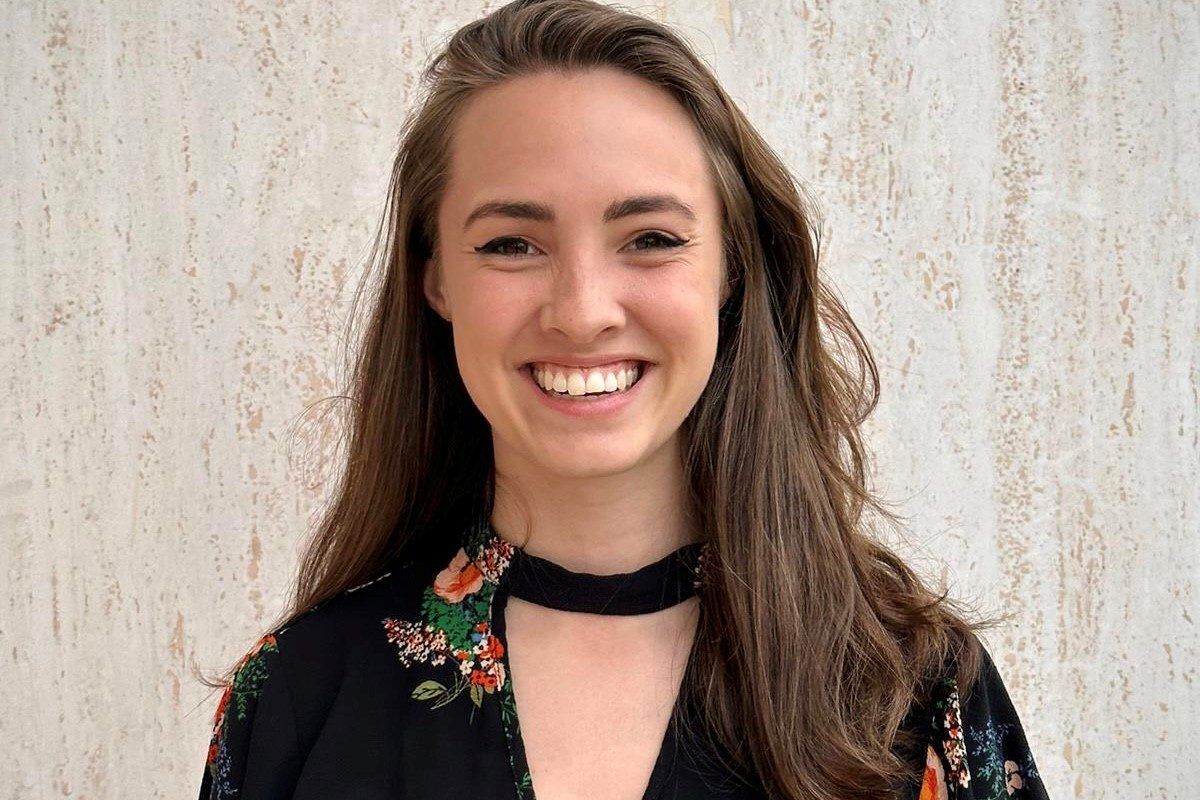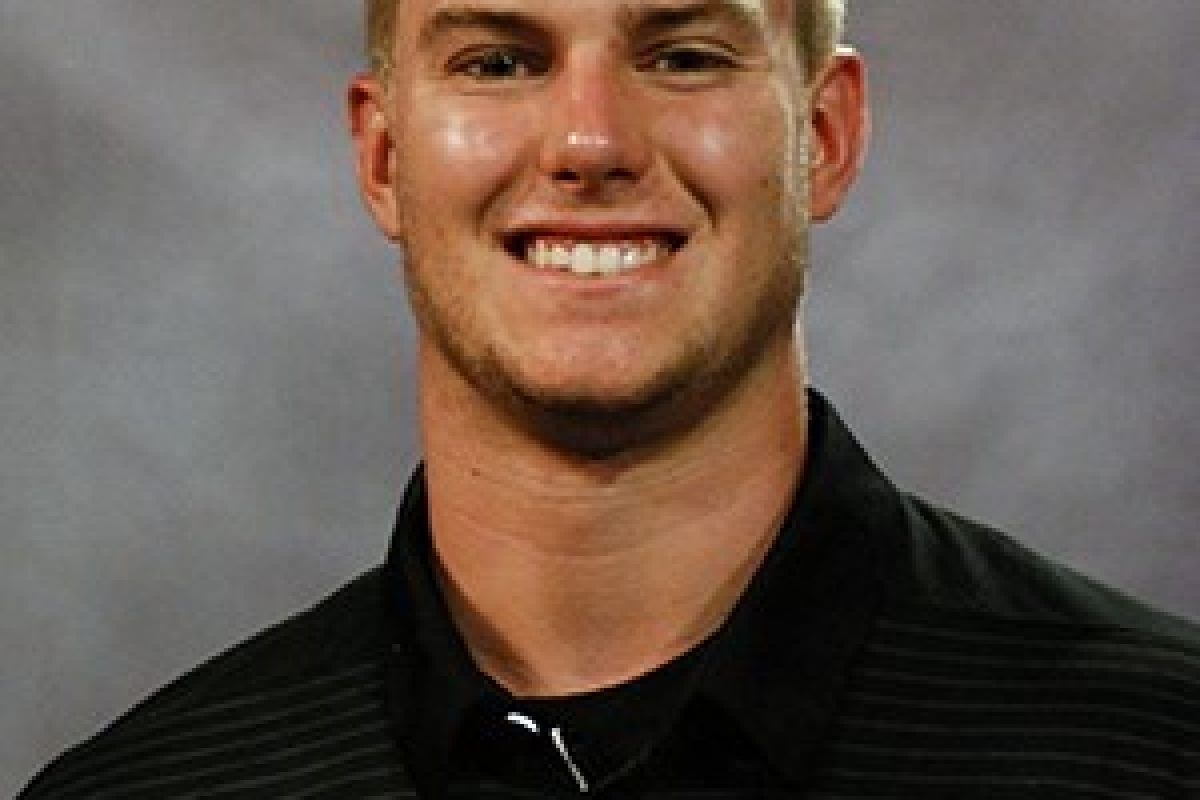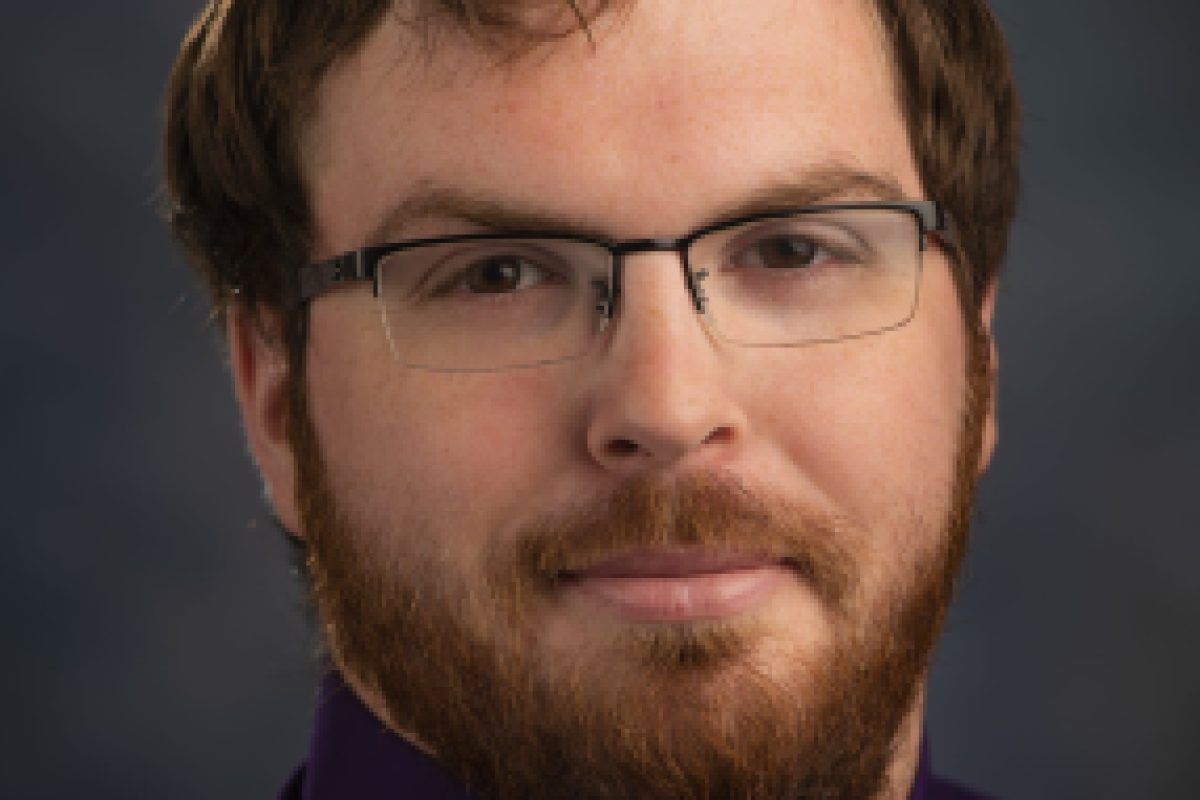As a National Science Foundation funded student, I work on developing novel microscopy techniques to probe multisensory integration in the Drosophila Melanogaster brain. Similar to the mammalian hippocampus, the central complex may serve as a critical indexing and integration site to coordinate spatial navigation. Building off my previous work on the UCLA Miniscope Project, I will refine a new two-photon microscope capable of patterned optogenetic stimulation in fruit flies. I hope to manipulate the neural circuits that coordinate synaptic plasticity in the central complex to reveal how vision, odor, and atmospheric polarized light integrate so that flies may produce complex navigation paths while traversing the earth.
Mentor: Mark Frye, Ph.D.





